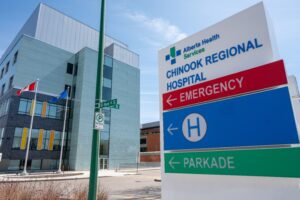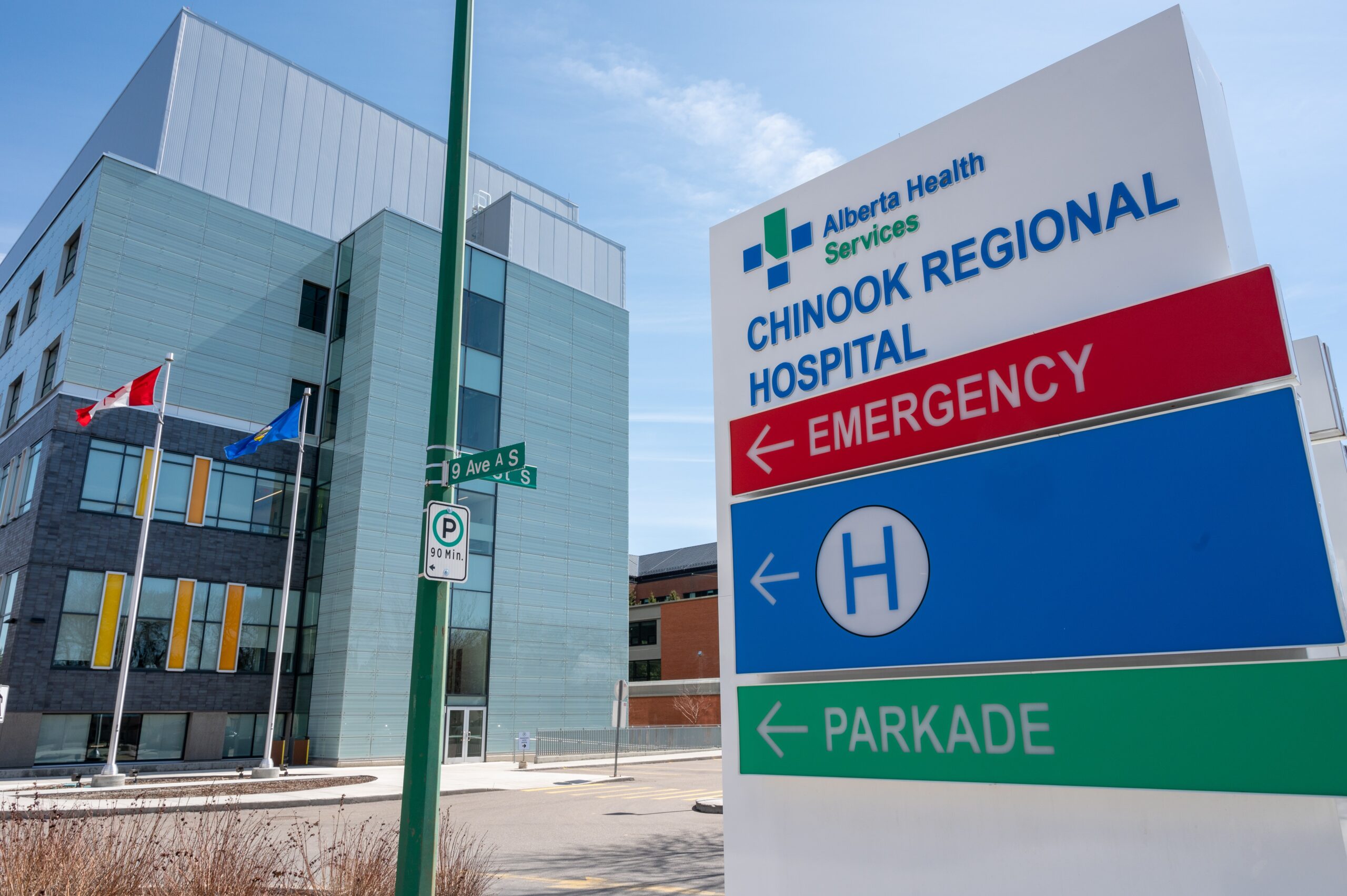Now Alberta takes cover: severe restrictions

EDMONTON – The Alberta government is running for cover. Faced with the continuous increase in hospitalizations in intensive care, now collapsing, Prime Minister Jason Kenney had to abandon the slogan “stay open for good” and turn around: very hard restrictions starting immediately.
“We have declared a state of health emergency,” Kenney said. “Unless we slow down the transmission of the virus, particularly among unvaccinated Alberta residents, we simply won’t be able to provide adequate care for everyone who gets sick.” And, indeed, the situation is serious. Dr. Verna Yiu, president of Alberta Health Services, said the total number of patients admitted to intensive care units across the province reached 270 this week – the highest number in Alberta history. And very close to the maximum threshold of 286 intensive beds that the province can guarantee. In short, an imminent disaster. So much so that health officials are contacting “other provinces to see if they can offer intensive care spaces” and also asking them if they have “qualified, front-line staff who might be willing to come to Alberta to help us.”
Desperate times call for desperate measures. Therefore, with immediate effect, in Alberta it is mandatory to work from home, unless an employer has established that a physical presence is required for which however a sort of Green Pass becomes necessary, that is, proof of vaccination or a “recent negative Covid-19 test”.
Indoor social gatherings will have to provide for the presence of a maximum of ten people and will be “limited to a single family plus another family” and, in any case, can only take place between vaccinated people.
Unvaccinated people will no longer be allowed to attend any private indoor social gatherings. Outdoor events will continue to have no capacity limits but a physical spacing of two meters will be required.
As for clubs and public establishments, in restaurants customers can dine only outdoors and with a maximum of six people per table, belonging to the same family, or in three as long as one of the three people lives alone and the other two represent his “close contacts”.
Also stop the sale of liqueurs at 10pm and the consumption of alcohol after 11pm.
Shops and entertainment spaces such as concert halls, libraries and casinos will be limited to one third of capacity and people who go to such places will only be able to visit their own family members, unless a person lives alone: in this case, he/she will be able to come into contact with up to two “close contacts”. However, masking and physical distancing are necessary.
Participation in weddings and funerals indoors will be limited to 50 people or to 50% of the capacity “whichever is less” but indoor receptions will not be allowed, but only outdoors but limited to 200 people (and with the same restrictions on liquor provided for restaurants). Places of worship will have to limit participation to one third of capacity and require people to wear masks and physically distance themselves from people from other families unless they live alone: in this case, the two “close contacts” rule applies.
Restrictions also in schools, with a whole series of new restrictions that were not initially foreseen when the school year started.
A sort of “lockdown”, in short. An “unvaccinated crisis”, as Prime Minister Kenney defined it, who stated that about 90% of Covid-19 patients in hospitals are not vaccinated. “This is the only responsible choice we could have made”, said the premier who, while stating that he “reluctantly” backtracked on the commitment to “stay open forever” without even introducing the Green Pass. But now “we are facing an emergency that requires immediate action,” he said. Action that was first undertaken, according to the opposition, which speaks of “unforgivable delay in acting”. “All of this was preventable,” said NDP provincial leader Rachel Notley.
In the pic, the Chinook Regional Hospital in Lethbridge, Alberta (photo by Graham Ruttan on Unsplash)



